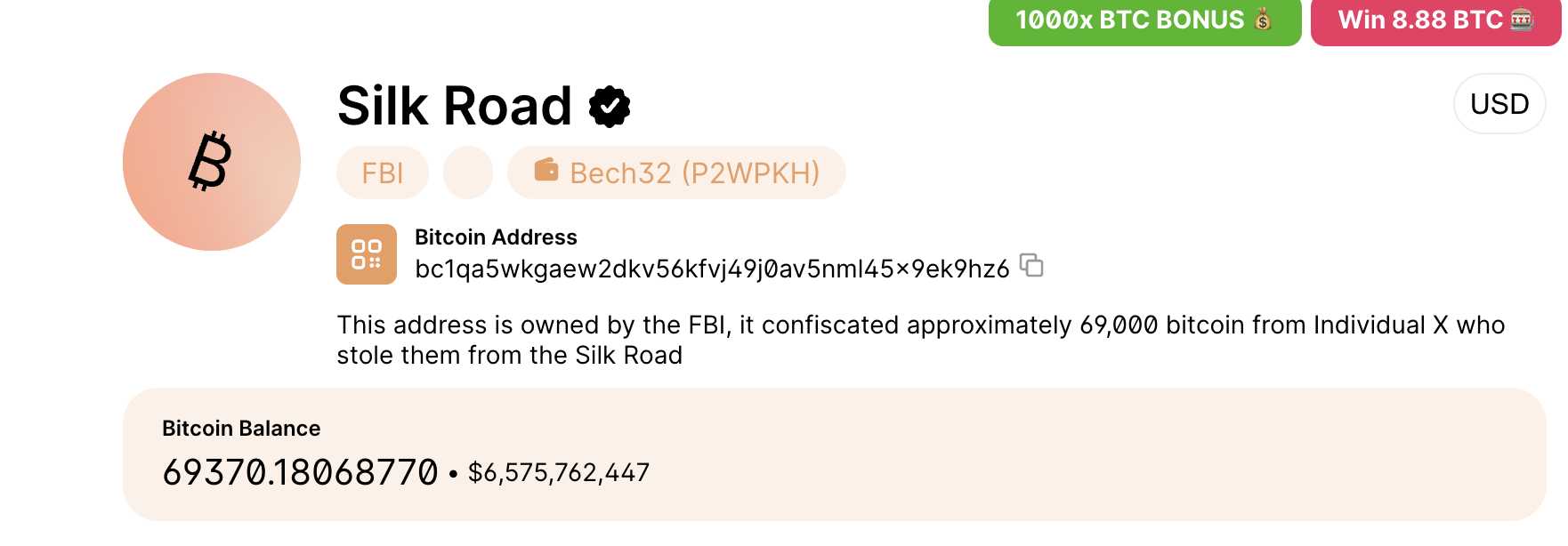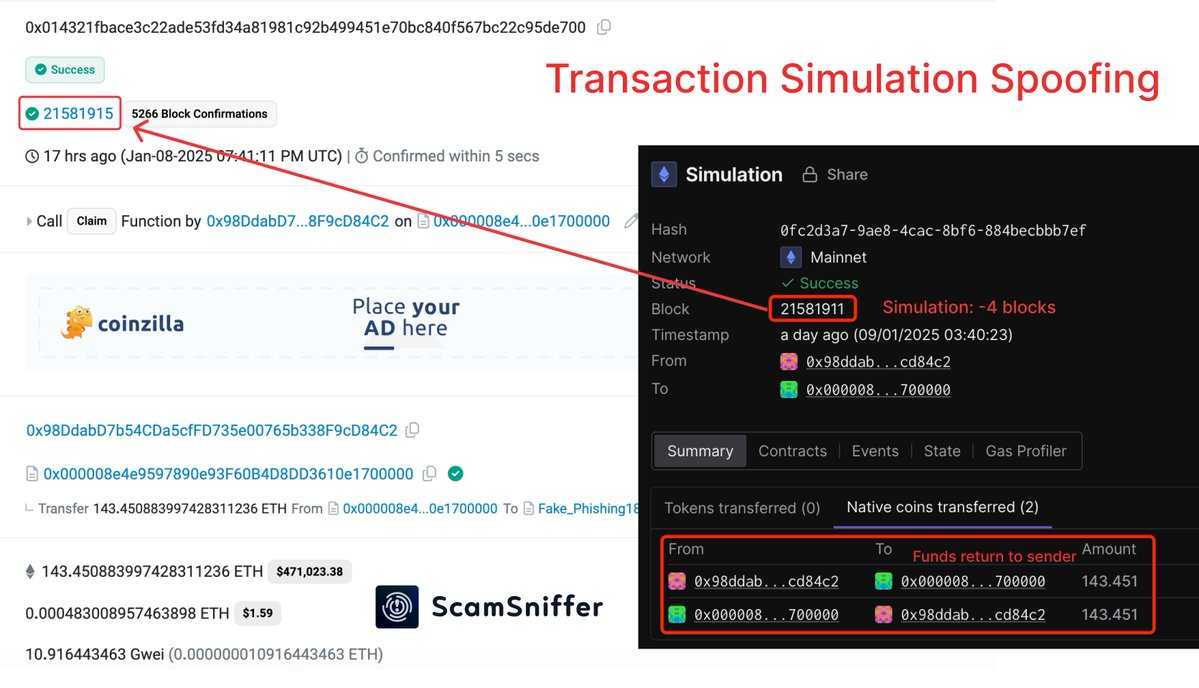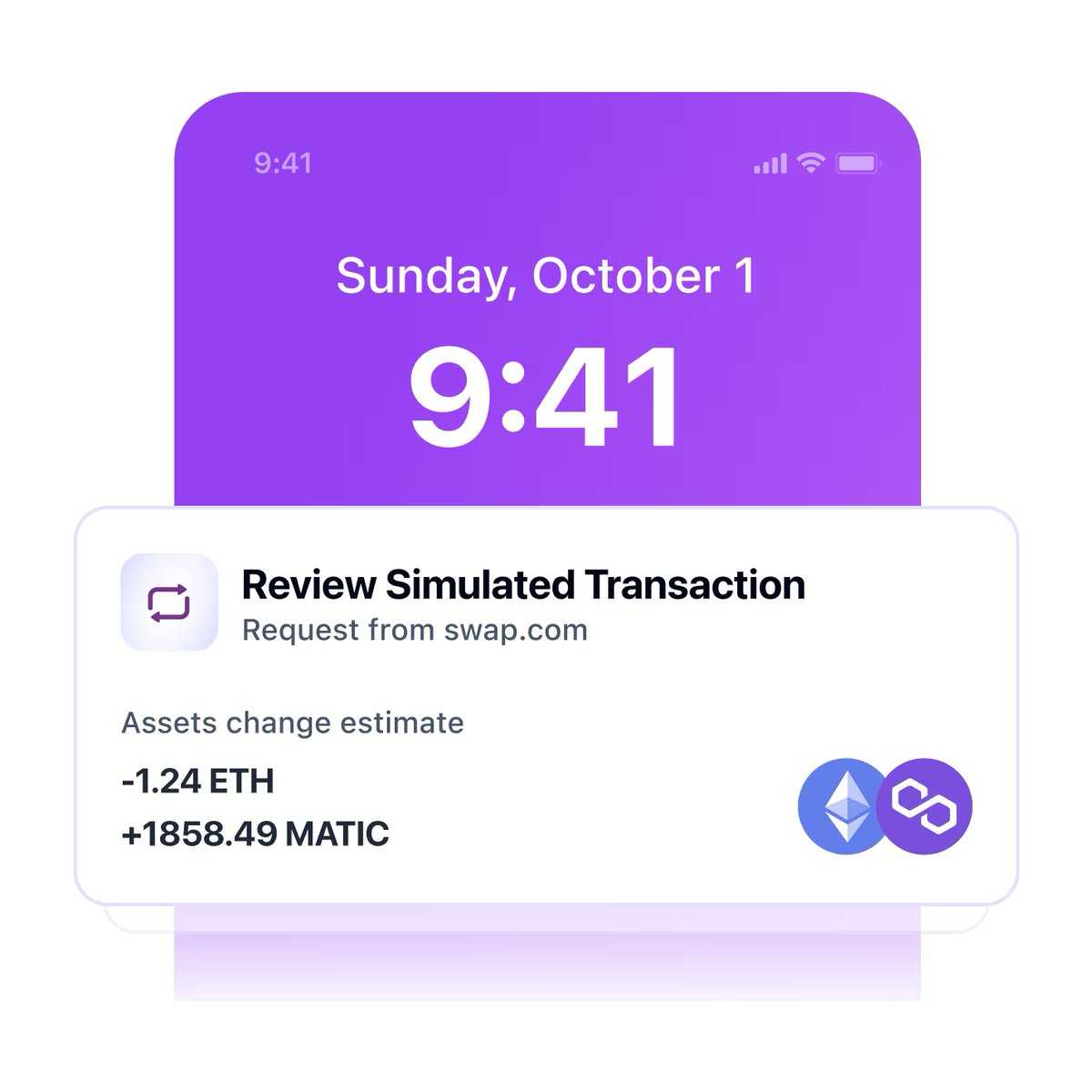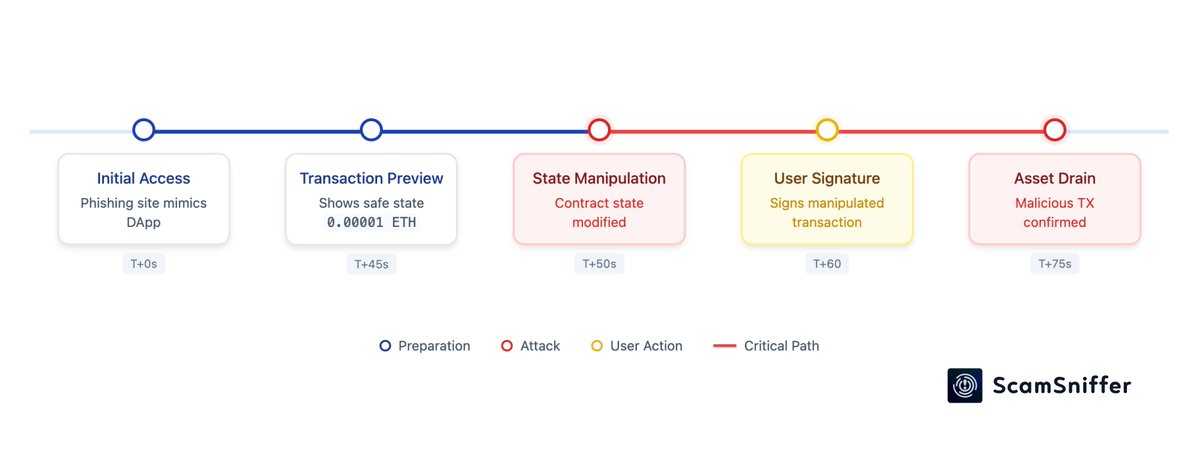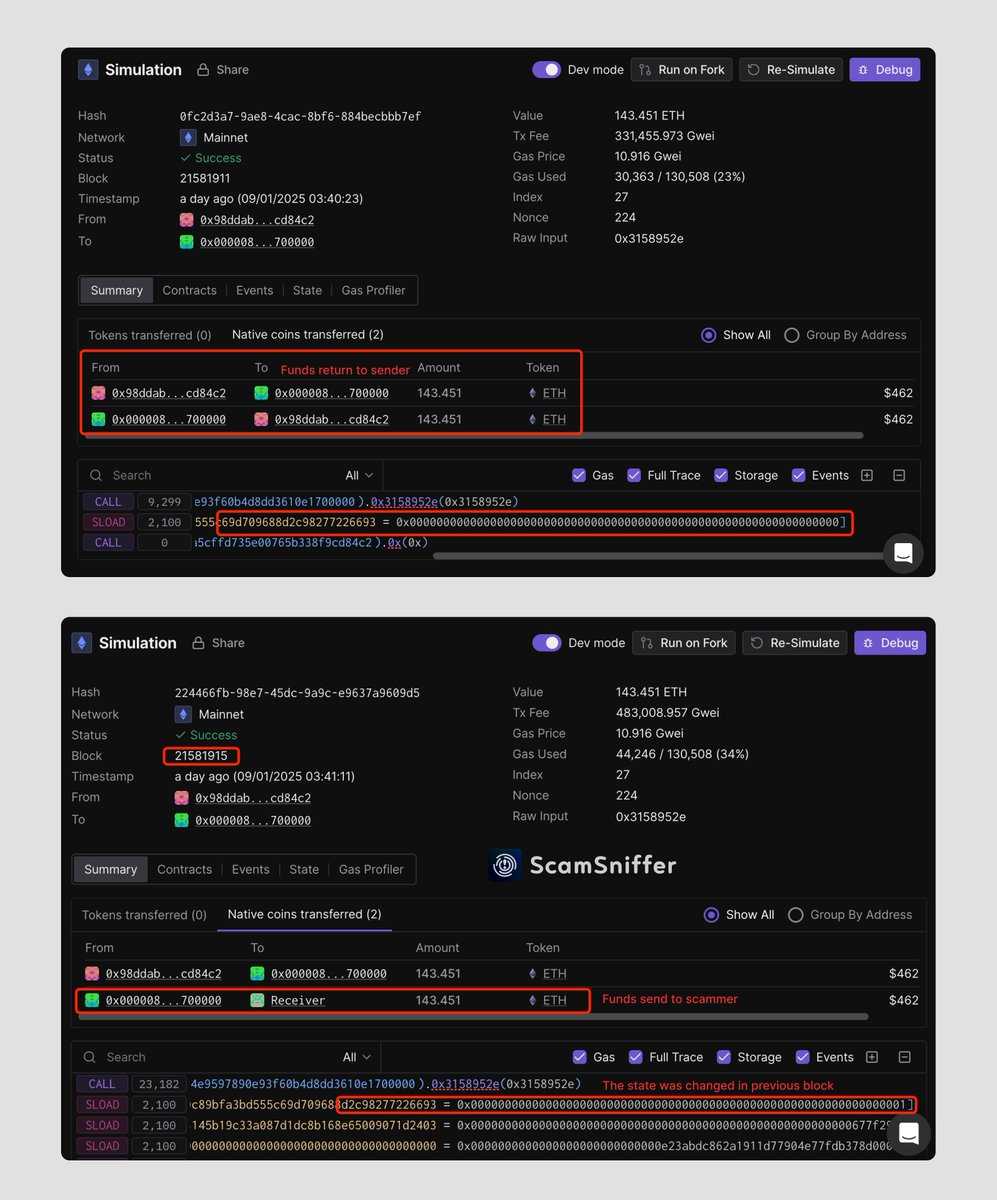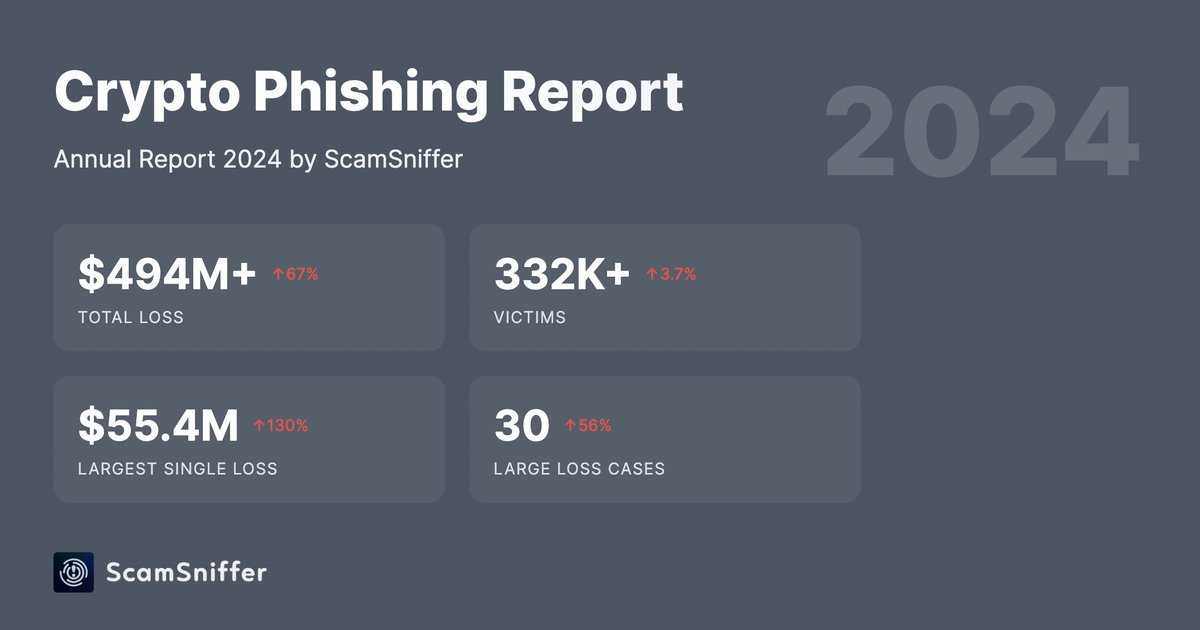Recently, a powerful announcement from USUAL lit up social media. On X, @usualmoney declared:
“⚡️ USUAL, Stronger Than Ever. 4 years guaranteed revenues backing USUALx. Enhanced USD0++ yields. Early unstaking as planned. Floor price updated for stability. USUAL’s revenues are now secured & programmed.”
This bold update promises enhanced security, better yields, and improved flexibility. Naturally, it sent ripples through the community, drawing reactions that ranged from excitement to skepticism. Let’s dive into what these changes mean and how users are interpreting them.
Breaking Down the Updates
1. Four Years of Guaranteed Revenues
This is a game-changer. Guaranteeing four years of revenue for USUALx signals stability in a world where volatility reigns supreme. For many investors, this commitment isn’t just a promise—it’s a safety net. It suggests USUAL has the financial muscle to back its platform for the long haul, which could attract those craving a secure bet in the unpredictable crypto landscape.
2. Boosted USD0++ Yields
In decentralized finance (DeFi), yield reigns supreme, and USUAL’s move to enhance USD0++ yields is a clear nod to this. Higher returns are enticing, especially for those deep in the yield-farming game. But here’s the catch: will these yields stand the test of time, or are they merely a sugar rush to bring users on board?
3. Early Unstaking, as Promised
Liquidity and flexibility are crucial for today’s investors. By enabling early unstaking, USUAL is offering users more control over their assets. Whether it’s reallocating funds or cashing out in a pinch, this feature could resonate with investors who value agility over lock-in periods.
4. Updated Floor Price for Stability
A stable floor price doesn’t just protect against value dips; it builds trust. This move shows USUAL is serious about shielding its investors from the sudden free falls that can spook even seasoned traders. A stable base price means more confidence—and potentially more wallets jumping in.
What the Community Is Saying
The community’s reactions to these updates are as diverse as the DeFi space itself. From bullish excitement to wary skepticism, here’s a snapshot of what users think:
🔊 Excitement and Support
Fans like @0_MrFantastic and @Maruy_ couldn’t contain their enthusiasm, replying with fiery emojis like “🔥🔥🔥” and rallying cries of “Let’s Go 🔥.” Their energy reflects growing optimism that USUAL is on the right track.
📈 Bullish Sentiment
User @7Tempeste echoed this optimism with a resounding “Bullish 🐂,” accompanied by a chart showing price gains. This is the kind of reaction that projects dream of—when users align their sentiment with positive market performance.
🤔 Skepticism Lingers
Not everyone is convinced, though. User @KobeBanat raised a red flag, asking, “Wait a minute, what is this?” and accusing USUAL of being a scam. While harsh, this skepticism is a reminder that transparency and credibility are paramount, especially in a space littered with failed promises.
🔍 Strategic Investment Thinking
Meanwhile, @Vakselj offered a thoughtful comparison, suggesting USUAL’s updates signal its potential as “the future of money.” However, they also dropped hints about exploring other projects, showcasing the calculated strategies many crypto investors employ.
👏 Praising the Mechanisms
For those who appreciate the technical details, @famousfxck was all in, praising USUAL’s thoughtfulness: “This mechanism is incredible.” Comments like these highlight that well-designed systems can win over even the most detail-oriented users.
🎉 Community Energy
And then there’s @cryptotaboo_xyz, who kept it simple with “LFG 🥳.” The excitement speaks volumes—it’s clear the USUAL community is ready to embrace the platform’s next chapter.
Final Thoughts
USUAL’s latest updates have stirred excitement, raised questions, and sparked strategic thinking among its users. For many, the promise of stability, boosted yields, and enhanced flexibility ticks all the right boxes in the DeFi playbook. But not everyone is sold, and that’s where the real challenge lies. To turn skeptics into believers, USUAL needs to double down on transparency and ensure these updates deliver as promised.
Ultimately, these changes have the potential to not only strengthen the USUAL ecosystem but also redefine its role in the DeFi space. The next few months will be crucial in proving whether this is more than just a bold promise. For now, all eyes are on USUAL—and its community is watching closely.
This version leans into an engaging tone while keeping the analysis and community reactions at the forefront.
